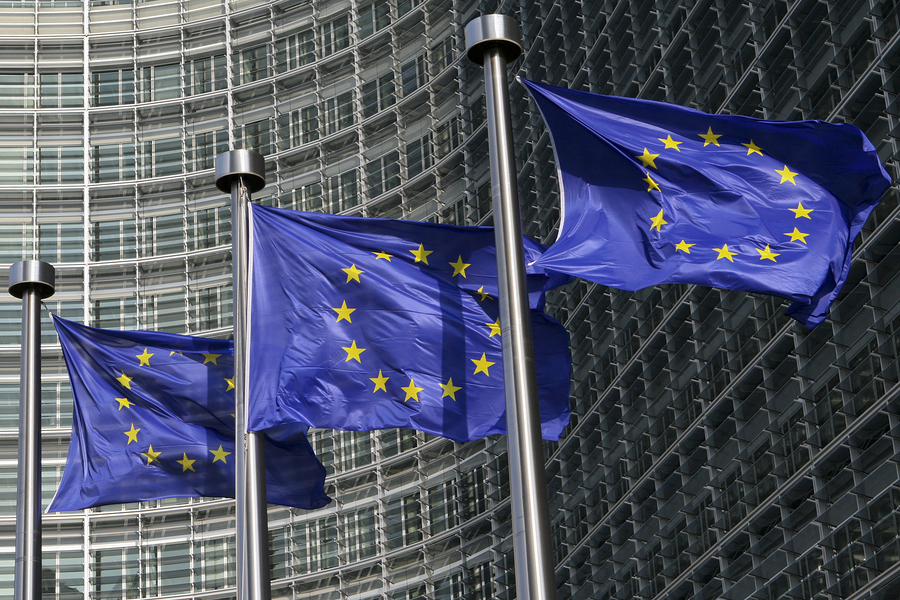In the past six months, you may have heard about a law in Europe that people were concerned could “kill memes.” Only time will tell if it actually has that effect but the European Parliament has backed the law aiming to “protect content creators from unauthorized usage of their work.”1 However, at issue is the fact that the new law has some rules attached to it that don’t seem to fit inside how the internet currently functions. Oh, and censorship.
In one of the most contentious decisions in the European Union’s history, the European Parliament today voted to approve a directive that undermines Internet users’ ability to share their work and creates new limits on their ability to link, quote, and critique the news.
— EFF (@EFF) March 26, 2019
The Copyright Directive was passed with 348 votes for and 278 against. For a full explanation of the law, click here. (Although the explanation will likely be very skewed.)
The particularly tough articles in the law are 11 and 13:
“Article 11 says that search engines and news aggregators must pay news websites for using snippets of their content. Article 13 says tech companies such as Google and Facebook are responsible for copyrighted material posted on their services without a proper license.
Article 13 effectively transfers responsibility for posting copyrighted content from the user to the platform (you’ve likely seen something similar in action when YouTube mutes a video because it used a copyrighted song). But if platforms are to police the content, it’s possible that they’ll simply ban certain types of content altogether using so-called upload filters, ultimately stifling creativity and freedom of expression.”1
And therein lies the rub. More censorship.
Thankfully, the Directive does make certain allowances, “the use of existing works for purposes of quotation, criticism, review, caricature as well as parody are explicitly allowed”1 in other words, memes and funny GIFs are still ok to post. For now. The European Commission claims that Article 11 “won’t prohibit individual users from posting links to websites and newspapers and that platforms will still be able to post links or re-use “single words or very short extracts” from other sites.”1
(As long as you don’t post something “they” don’t like.)
“Critics of the Copyright Directive, which include the Electronic Frontier Foundation, claim some of the wording (especially in Article 11) in it is vague and ambiguous, while the Article 13 opens doors for censorship, and that smaller businesses may be hurt by its demands.
‘Article 11 has a lot of worrying ambiguity: it has a very vague definition of ‘news site’ and leaves the definition of ‘snippet’ up to each EU country’s legislature,’ the EFF wrote in a recent blog post. ‘…the new text of Article 13 still demands that the people who operate online communities somehow examine and make copyright assessments about everything, hundreds of billions of social media posts and forum posts and video uploads,’ the post said.”1
The Copyright Directive will now pass to EU member states for approval and those that do approve it will have to implement it within two years after the official publication.
SOURCE:












